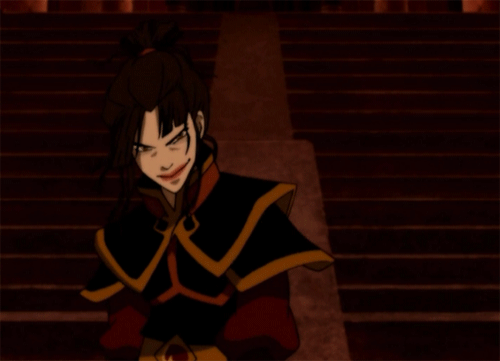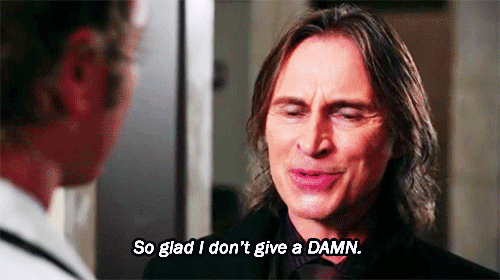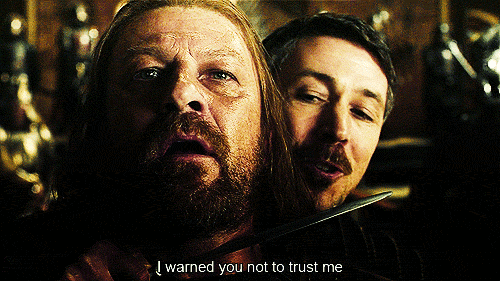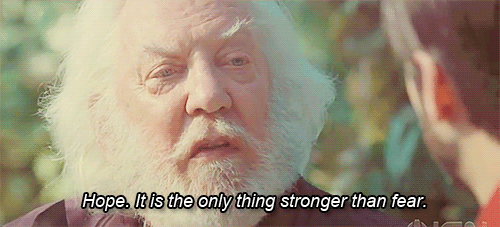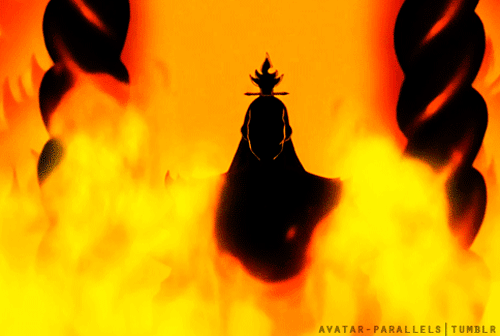I’ve done posts before on my reader
weaknesses and one of those particular weaknesses are characters with super
powers. I’m especially fond of stories that play with the struggle of having power
and show the dark underside of the issue. Villains and antiheroes with power always intrigue
me. So I was of course drawn to Vicious by V.E Schwab. But did it appeal
to my already high expectations?
Plot-
Victor and Eli started out as college roommates—brilliant, arrogant, lonely
boys who recognized the same sharpness and ambition in each other. In their
senior year, a shared research interest in adrenaline, near-death experiences,
and seemingly supernatural events reveals an intriguing possibility: that under
the right conditions, someone could develop extraordinary abilities. But when
their thesis moves from the academic to the experimental, things go horribly
wrong. Ten years later, Victor breaks out of prison, determined to catch up to
his old friend (now foe), aided by a young girl whose reserved nature obscures
a stunning ability. Meanwhile, Eli is on a mission to eradicate every other
super-powered person that he can find—aside from his sidekick, an enigmatic
woman with an unbreakable will. Armed with terrible power on both sides, driven
by the memory of betrayal and loss, the archnemeses have set a course for
revenge—but who will be left alive at the end?
The
Characters- What I love about Victor and Eli is that neither is necessarily
the villain or the hero. I mean, we see things from Victor’s perspective but he
and Eli are morally on equal ground as far as I’m concerned. But one fights to
destroy others with powers and the other fights to protect them. But they’re
still both morally ambiguous. The closest thing to a moral center is Sydney, a
girl with the stunning ability to bring back the dead. She is likable and I
enjoyed her as much as I enjoyed her considerably darker sister. Over all each
character is distinct and likable even through the unlikable things they do.
And I love how the book approaches power and how it corrupts ambitious young
minds.
The
Good Points- I’ve raved about the concept and the characters, but I really
have to continue on that front. The characters are the focus of this book and
the concept surrounding them makes the novel. This novel reads like something
out of a comic book and yet far more cynical than most would approach heroes.
And don’t get me wrong, I love superheroes. I’m a Marvel girl at heart. But
stuff like Vicious gives me life. It dives into the psychology of flawed human
beings and lets the intrigue of the characters stand tall. The book is also
just really cool. The writing is
cool. The images are cool. The story is cool. I found myself whispering that
over used word under my breath at many parts. The pacing and jumps through time
are handled deftly and never feel forced or confused. A well-crafted story on
every level.
The
Bad Points- I wanted more. This is the kind of world I could get lost in
but as far as I can tell, it ends with no intention of a continuation. I almost
wanted a more expansive story so I could meet more of these super powered
humans. And I guess my demand for more ultimately means the book was doing
something right.
Overall, Vicious is a fun, intriguing and
super cool book for any lovers of super heroes and contemporary fantasy. It
made not have an optimistic view of human nature, but its exploration is
fascinating. Read it and see for yourself!
Final
Rating- 5/5 stars


